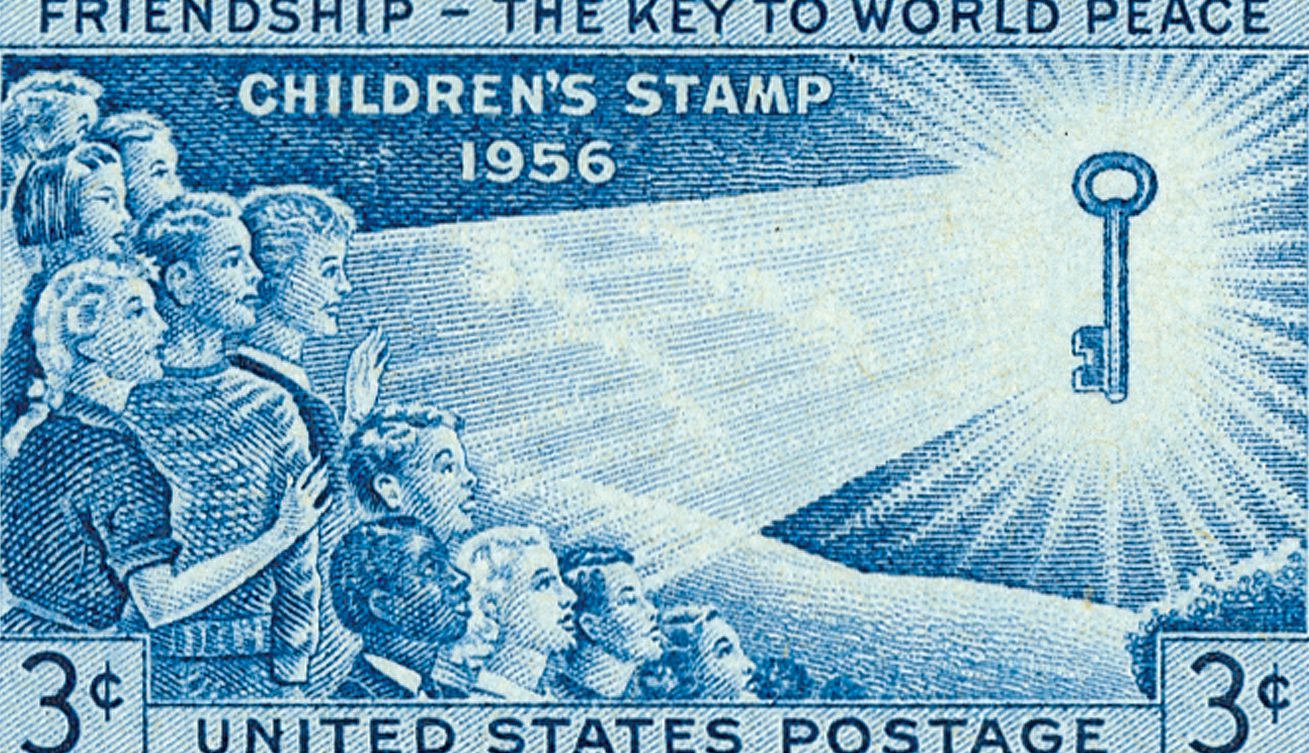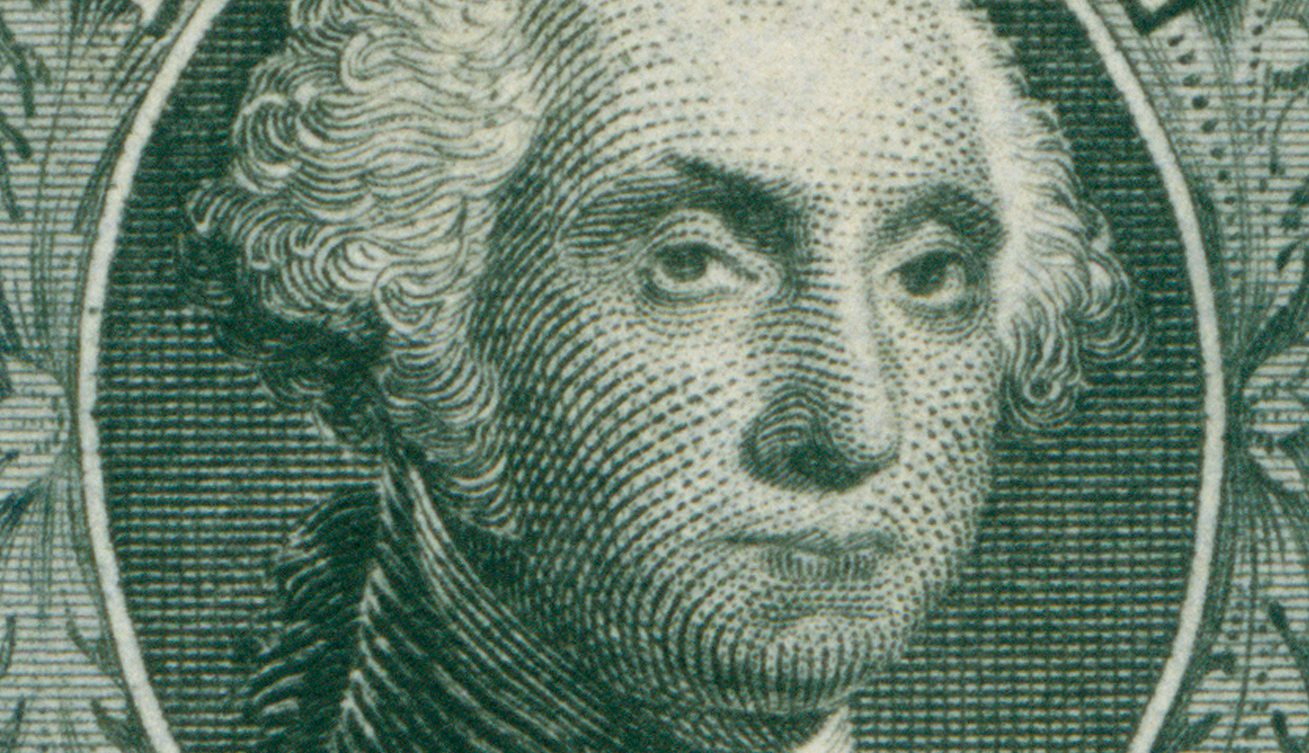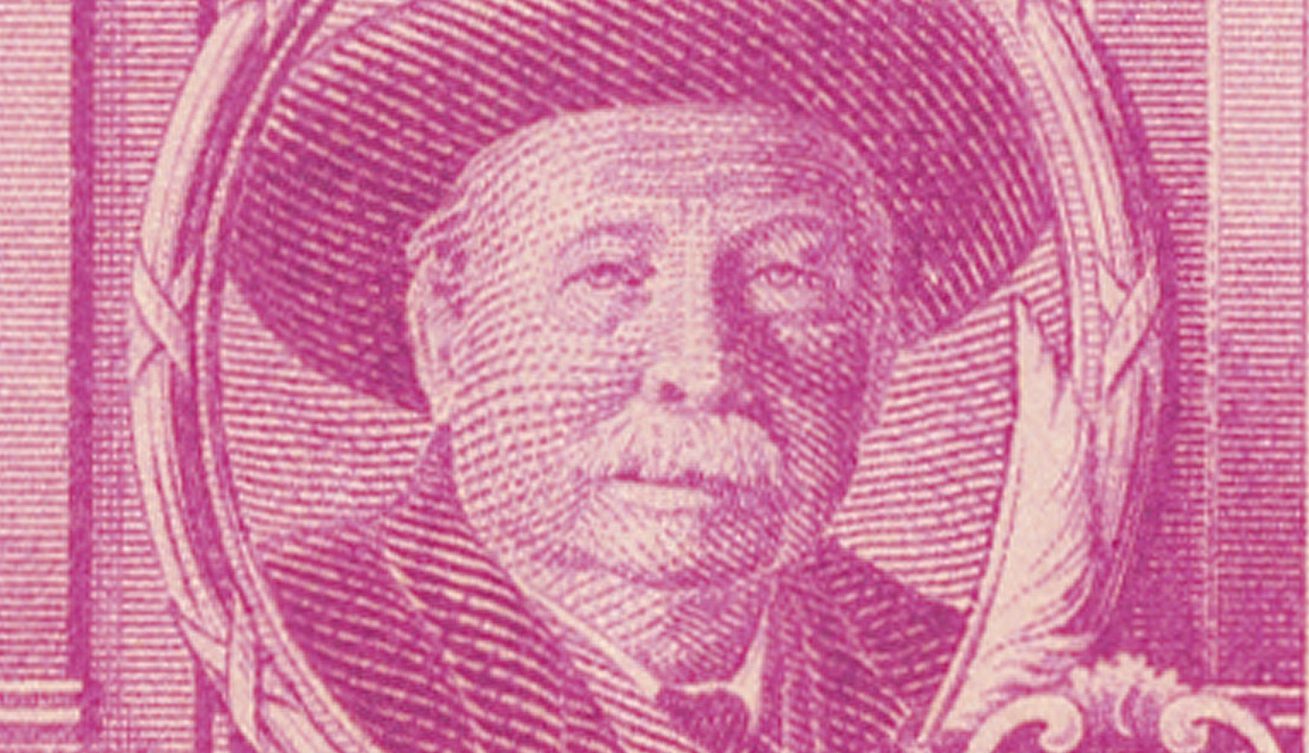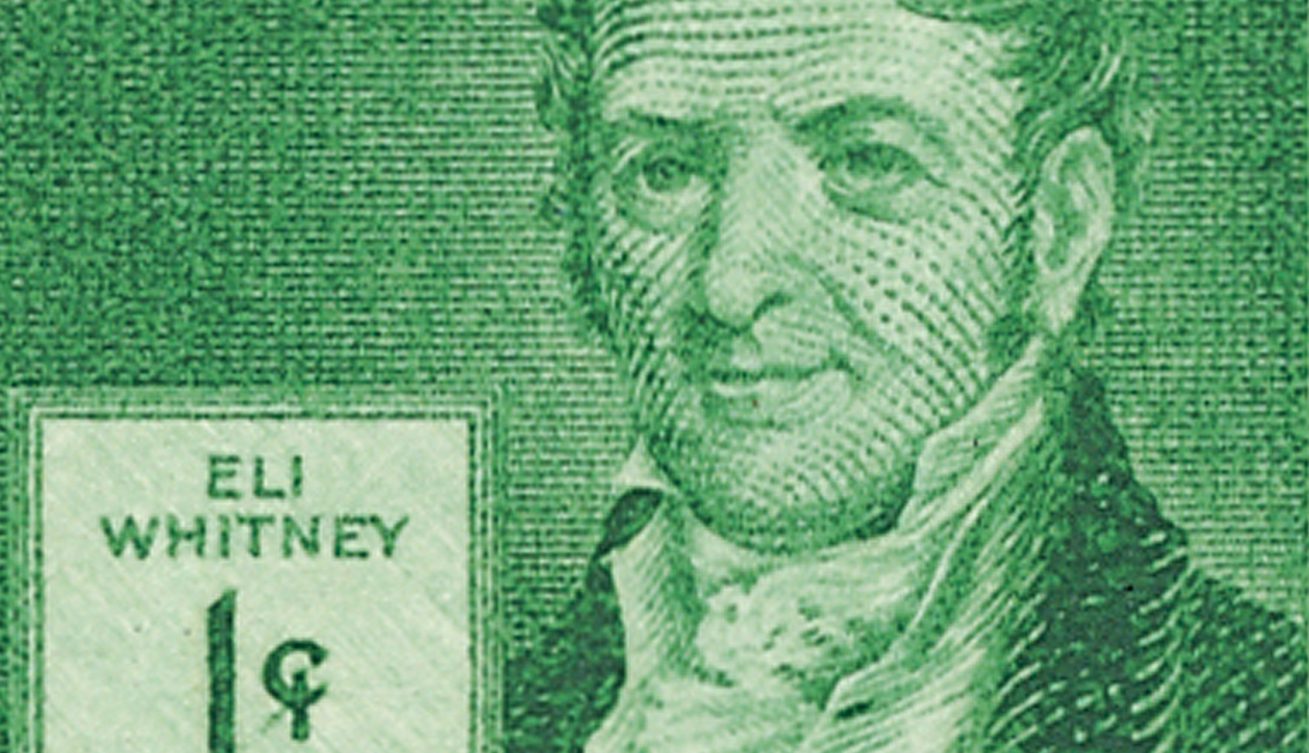First Student-Designed U.S. Stamp
On December 15, 1956, the US Post Office issued its first stamp designed by a student. The stamp was the result of a nationwide contest encouraging children to get involved in stamp design.

On December 15, 1956, the US Post Office issued its first stamp designed by a student. The stamp was the result of a nationwide contest encouraging children to get involved in stamp design.

America’s first president, George Washington, died on December 14, 1799. He served his country for 45 of his 67 years, and is remembered as the Father of our Country, hero of the American Revolution, and first president of the United States. Today, we’ll look back on some interesting facts from his life…

On December 13, 1769, Dartmouth College received its charter. It was the ninth and final college established in America under colonial rule and has become one of the country’s most prestigious universities.

Author Joel Chandler Harris was born on December 9, 1848, in Eatonton, Georgia. He’s best known for his folklore tales of Uncle Remus and the Brer Rabbit.

Eli Whitney was born on December 8, 1765, in Westborough, Province of Massachusetts Bay. Most well-known for his invention of the cotton gin, he was also pioneer in mass production.

Cowboy and showman Bill Pickett was born on December 5, 1870. During his life, he was famous for his “bulldogging” act at rodeos. Decades after his death, he became famous once again, as the subject of rare modern stamp error…

On December 4, 1816, the Philadelphia Savings Fund Society (PSFS) officially began operations. It’s credited as the first savings bank to be organized and conduct business in the United States.

On December 2, 1763, the Touro Synagogue was officially dedicated after four years of construction. Today, it’s the oldest standing synagogue in the US.

On December 1, 1941, the Civil Air Patrol (CAP), was established in Washington, DC. Unpaid volunteers formed the Civil Air Patrol, using privately owned aircraft and their own funds to support the military.